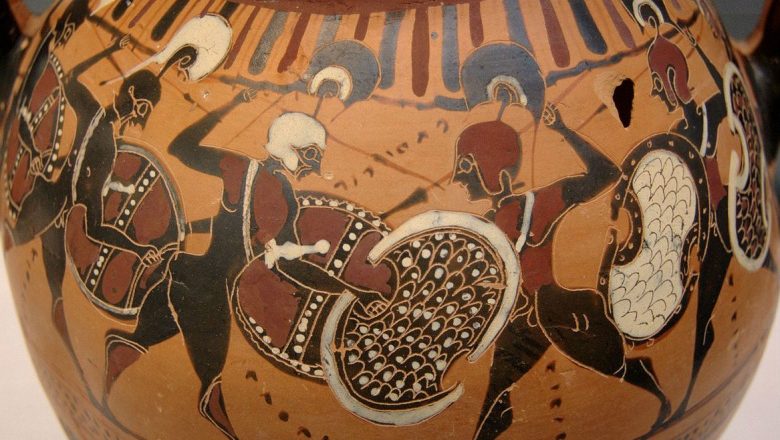A nation must think before it acts.
Last month at War on the Rocks, Marine War College professor Jim Lacey held forth on how to teach Thucydides. Read the whole thing and hurry back!
Let’s congratulate Professor Lacey for raising awareness about professional military education and the value of gaming at war colleges. Readers of his missive, however, could be forgiven for coming away with the impression that war colleges not named Marine teach the Peloponnesian War almost wholly through passive methods such as lectures: students come to class, a professor drones on for the allotted time, there’s a perfunctory Q&A, they go away. That’s what Lacey says he did when starting at Quantico a few years ago. Ergo, it must be what other military education institutions do.
Now let us give you a view from Newport, where the picture differs radically from the one Lacey paints.
Having afflicted our students with a passive learning experience, opines Lacey, we benighted old-timers are “fooling” ourselves if we believe they come away knowing “anything about Thucydides besides reciting the mantra ‘fear, honor, interest.’” Oh, and they might remember that “attacking Syracuse was bad,” even though “there were a number of good strategic reasons for Athens to attack Syracuse.” Who knew there was sound logic behind the Sicilian expedition? “Certainly not any War College graduate over the past few decades.”
Thankfully, along comes Jim Lacey to save a complacent war-college professorate from our “mentality” that “things are fine as they are.” There’s just one problem with his tale of discovery and redemption. We and our illustrious predecessors in Newport have been teaching the Peloponnesian War for forty-plus years, since Adm. Stansfield Turner, then the president of the Naval War College, instituted a curricular revolution.
Continue reading, “Don’t Exile Thucydides from the War Colleges”




